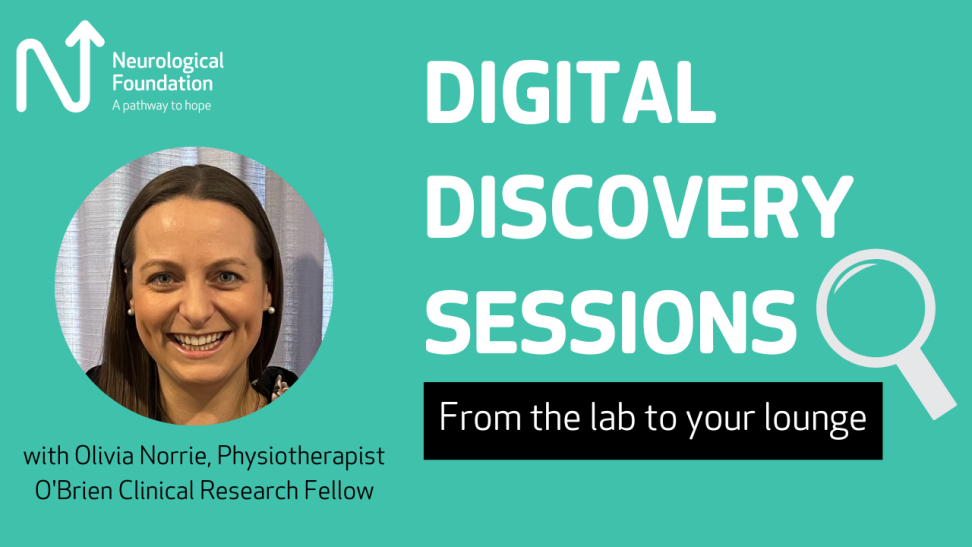 on ZOOM
on ZOOM
 19:00 PM Tuesday, 16 May 2023
Register here
19:00 PM Tuesday, 16 May 2023
Register here
A stroke is a sudden interruption of blood flow to the brain, usually caused by either a blood clot or a blood vessel leak.
Around 9,000 Kiwis experience stroke every year and, sadly, it is the second-biggest killer in Aotearoa New Zealand. Stroke can have permanent effects on brain function as well as physical abilities. Exactly which functions are impaired depends on the severity and where in the brain it occurs.
Treatments can include physiotherapy, occupational therapy and speech therapy. However, recovery can often be difficult to predict, leaving patients and their whānau with questions about the future.
Thanks to funding from the Neurological Foundation, new tools have been developed to more accurately predict outcomes for individual patients. This is a great help for clinical teams because they can design tailored rehabilitation plans. But what about for patients and their families? Does everyone want to know their prediction? And what does this information mean for them and their recovery?
Join us for this FREE online talk
You'll hear from Olivia Norrie, a Senior Physiotherapist at Te Toka Tumai Auckland, who will be discussing her research into the PREP2 tool used for predicting how well someone will be able to use their hand and arm after stroke. The PREP 2 prediction tool is already used in routine clinical practice. This project aims to further improve it, ready for widespread implementation throughout New Zealand.
About the speaker
Olivia Norrie holds a Bachelor of Physiotherapy (BPhty) and a Postgraduate Certificate in Health Sciences (Clinical rehabilitation) from the University of Otago.
She is the recipient of the O’Brien Clinical Fellowship from the Neurological Foundation and works directly with Neurological Foundation Council Chair Professor Cathy Stinear at Te Toka Tumai Auckland’s integrated stroke unit.





